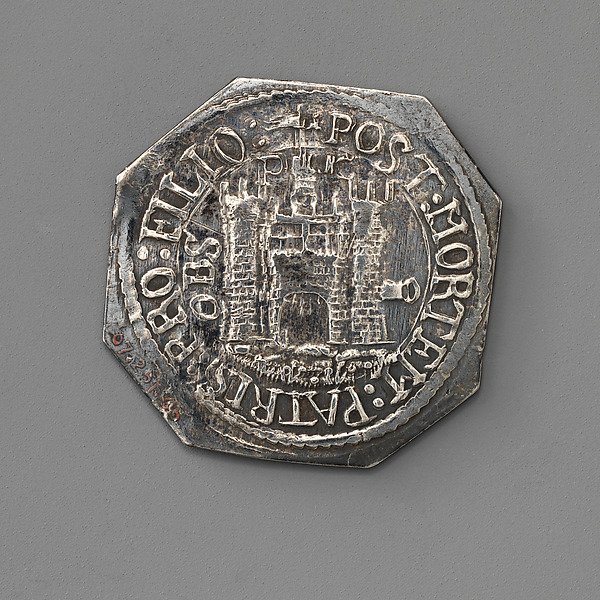
The Built Environment Innovation Cooperative should propose "BEICash" as a "Community Token". More specifically, a Steemit supported "Meta Token". Why? Because creating good project planning and development content has costs. It's also challenging to create incentives for doing it. This is because a costly planning and project development effort for an innovative built environment project may not even result in the actual delivery of the project.
However, there's value in the project planning & development effort itself. Planning and project development is essentially a learning experience that generates valuable content. Good planning and development content informs good design content. Good design content informs good decisions. Good decisions lead to realized projects that perform well, or avoid costly mistakes.
The Built Environment Innovation Challenge is a project based learning curriculum of the Built Environment Innovation Cooperative. It was developed to integrate project planning and development content-generating efforts into a project based learning experience. It's an experience that brings students and built environment subject matter experts together. The value of the experience is in simultaneously fostering both project development and developing new built environment professionals and workforce. There may be even more value generating opportunity for this content on the horizon too.
A Steemit posting from Dragos Roua, @dragosroua, introduces the concept of building a "Community Token" on the Steemit block-chain, which suggests there is further opportunity to realize value from BEIC community-developed content. Enter Crowd-Bond. This is the Built Environment Innovation Cooperative’s innovative block-chain based, community meta-token approach envisioned for helping to fund actual property development (complementing a Built Environment Innovation Challenge. ) Let's call this notional meta-token "BEICash". If it could be built on the Steemit blockchain, it should (according to Steemit Founder & CEO, Ned Scott) be able to:
- Be attached to account names.
- Be issued by people who own an account name.
- Take on properties under parameters that allow Steem-like functionality. e.g.:
- Reward pools
- Curation rewards
- Ability to distribute to "worker proposals" for:
a. Application or use-case development for BEICash, and...
b. Driving new users to BEICash. - Instantly allow new built environment innovation ventures to form and grow.
BEICash could potentially be used to earn creation and curation rewards for open source built environment project development and Built-environment Information Model (BIM) content generated through a Built Environment Innovation Challenge. These earned rewards can then potentially be applied by account owners to help fund actual built environment project execution (e.g. a decentralized community "crowd-bond" for real property purchase, project delivery, operation & maintenance).
According Mr. Scott, @Ned, Steem properties are nuanced in a way that allows it to overcome the friction of "tipping". That is, users do not have to give something up to reward project development and BIM content contributors for their contributions. Given these properties, it follows that a Steem-supported BEICash, can be capable of rewarding built environment innovation contributors. These would be the community of users that create or curate project development content during a Built Environment Innovation Challenge. This happens as simply as voting for their posted content (such you might do if they had posted it on Reddit, or if you had "liked" it on Facebook).
BEICash should be proposed around the community of Built Environment Innovation Cooperative members that participate in and support Built Environment Innovation Challenges. Users of Steemit-supported BEICash should not have to pay transaction fees to up-vote BEIC community content from the central BEICash reward pool supported by Steemit. Reward percentages would then go to content, curation and new "worker proposals" (for BEICash application and use-case development.) New additional interfaces for this Steemit platform supported "Meta Token" could be developed using open source GIS, CAD, and BIM software such as Cesium, FreeCAD, and BIMserver. BEICash payout parameters would be set at, say, 49% creator, 49% curator, and 2% worker proposal reward. Other examples of Meta Tokens include Bitshare's "UIA's" (an inspiration for Steemit based community tokens according to Mr. Scott).
Built environment innovation learning experiences that lead to well planned and developed actual projects could add value to communities for generations to come. This is an important reason for BEIC's ongoing establishment as a non-profit cooperative and it may dovetail well with Steemit Inc.'s development of community Meta Tokens. Please share your questions, comments, or critiques of the BEICash concept as an incentive for creating and curating project planning and development content through project based learning experiences.